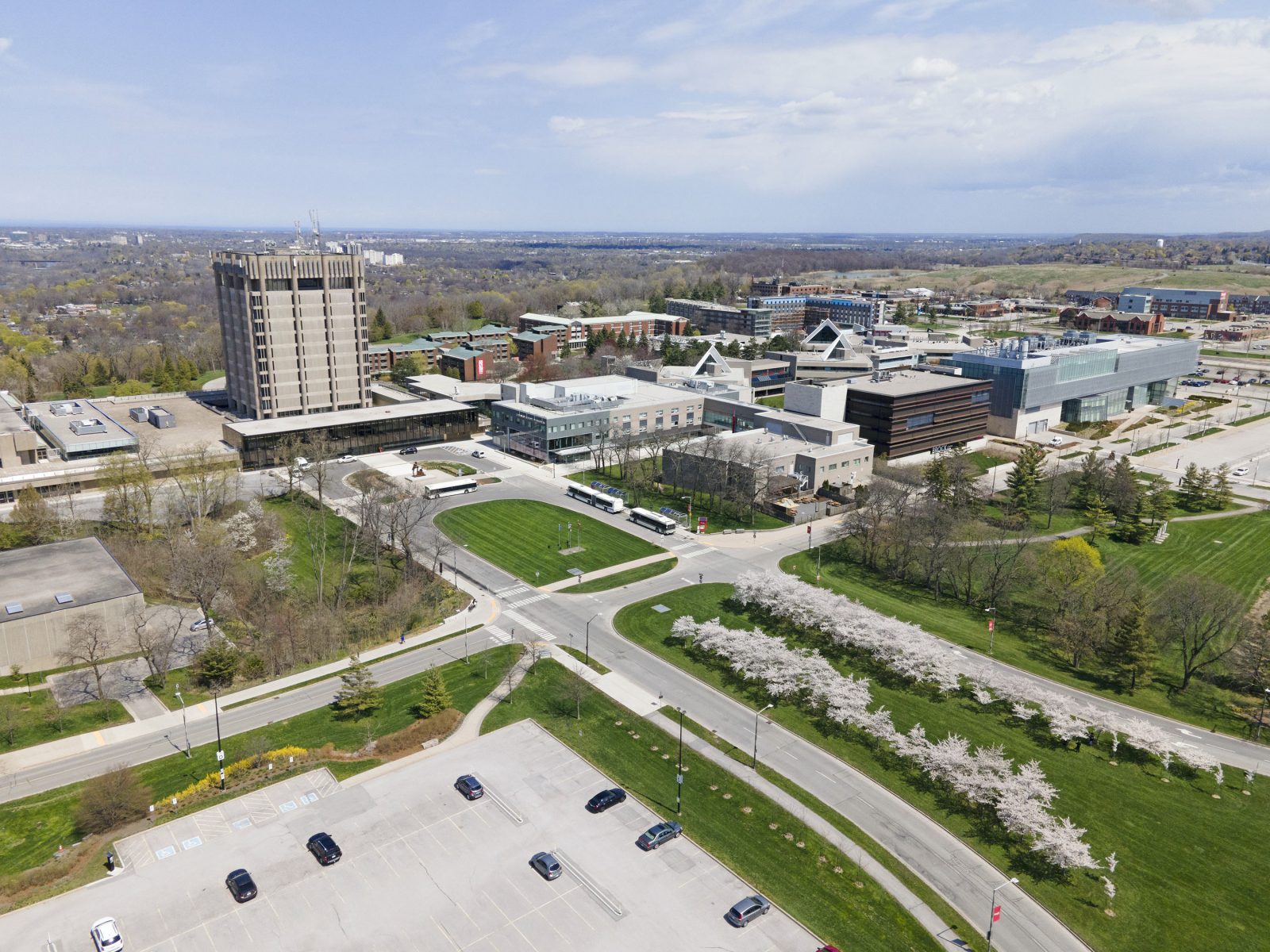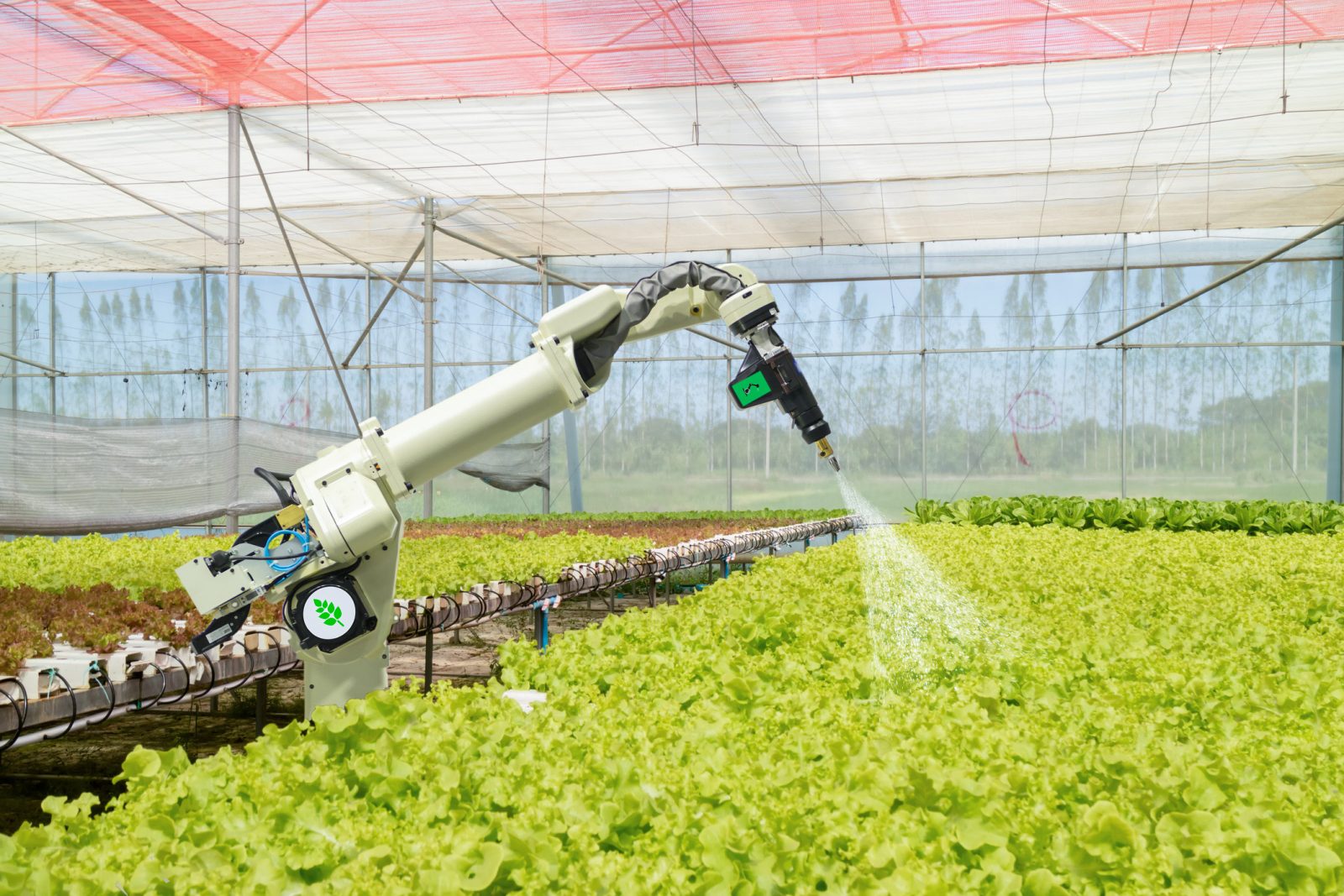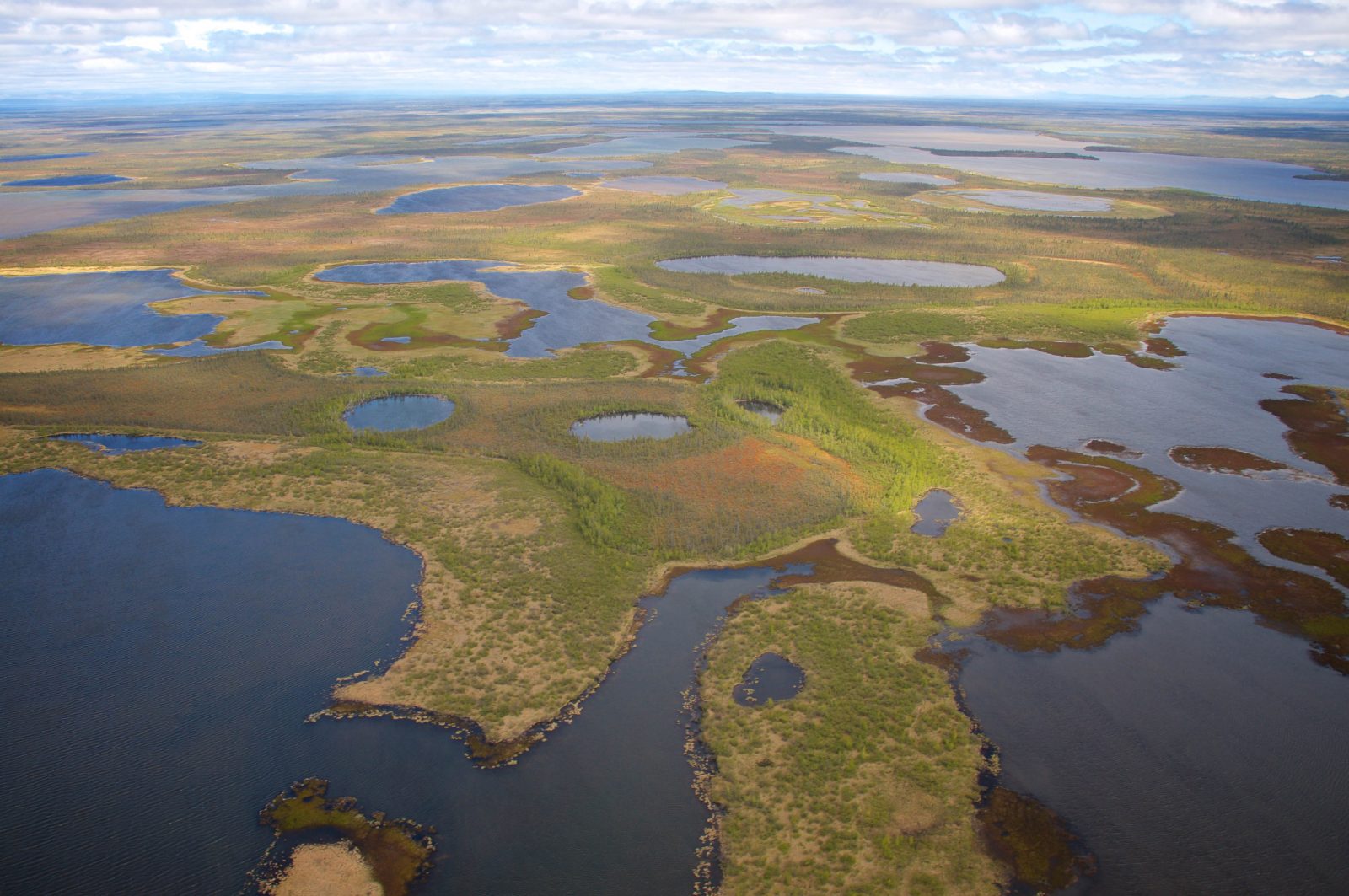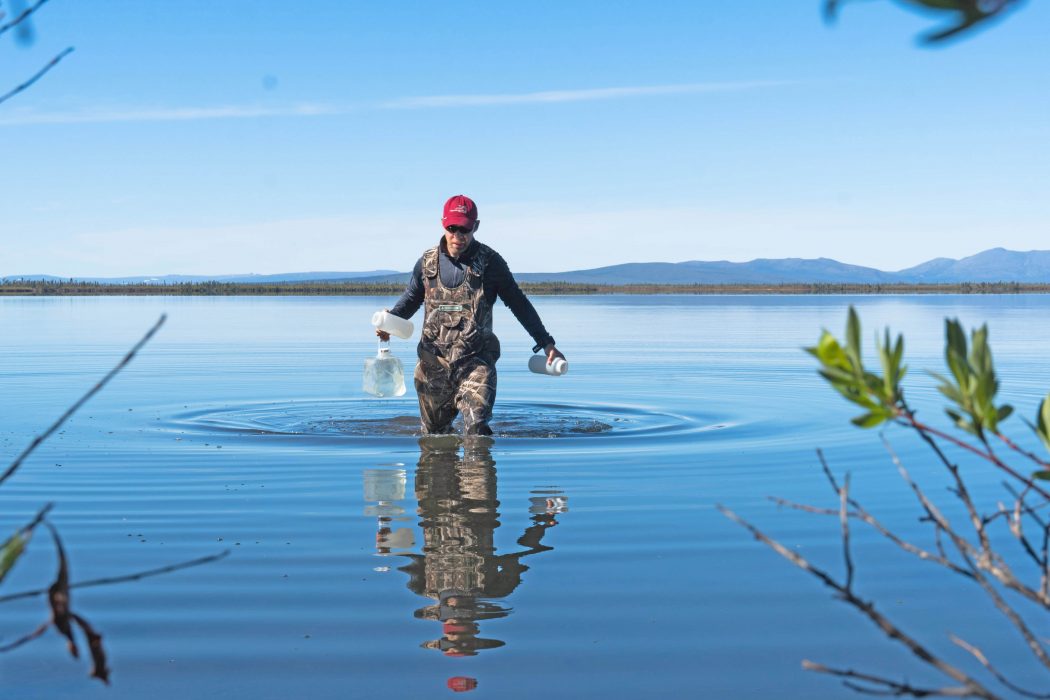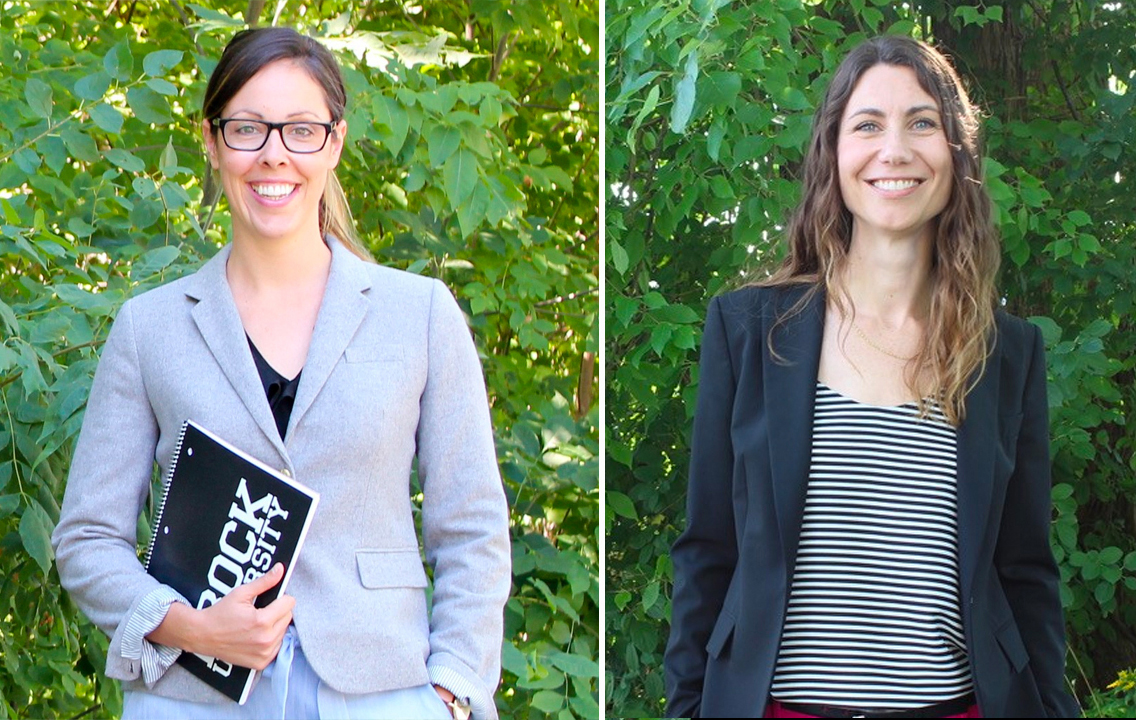Affordable housing, impacts of climate change, decolonizing experiential education and boosting health-care delivery will be the focus of projects supported by this year’s Brock University Indigenous Research Grants.
The Office of the Vice-President, Research and the Office of the Acting Vice-Provost, Indigenous Engagement have announced the 2022 recipients of the grants, which support research or creative activities in any discipline and on any topic that relates to Indigenous Peoples.
“What is exciting about these research projects is, not only do they engage with Indigenous Peoples in a meaningful way, but they’re also directed at improving the lives of Indigenous people,” says Acting Vice-Provost, Indigenous Engagement Robyn Bourgeois.
The recipients are:
- Maureen Connolly, Professor of Kinesiology, Faculty of Applied Health Sciences, “Decolonizing experiential learning on the Brock University campus: A case study”
- Liam Midzain-Gobin, Assistant Professor of Political Science, Faculty of Social Sciences, “Indigenous Affordable Housing in Niagara”
- Constance Schumacher, Assistant Professor of Nursing, Faculty of Applied Health Sciences, “Defining a Good Life: Community Partnerships and interRAI Data”
- Kevin Turner, Associate Professor of Geography and Tourism Studies, Faculty of Social Sciences, “The sky is the limit for community monitoring of climate change impacts in Old Crow, Yukon”
The areas of study are dealing with critical issues, says Bourgeois. Accessing affordable housing, documenting the impacts of climate change, decolonizing experiential education and boosting the delivery of health care are areas of concern expressed by various communities, she says.
“What an honour to be able to support these research projects,” says Bourgeois.
By facilitating Indigenous-centred research, the Indigenous Research Grants program is a tangible way Brock University is advancing principles articulated in the Brock Institutional Strategic Plan, says Vice-President, Research Tim Kenyon.
“These projects will contribute knowledge, understanding and partnerships that advance scholarship and have meaningful impact, in keeping with values of reconciliation and decolonization,” he says.
Launched last year, the Indigenous Research Grants program aims to achieve several goals:
- Supporting Indigenous researchers and Indigenous-focused research at Brock University.
- Enabling researchers to hire students at any level to participate in their project (with preference toward students who self-identify as First Nations, Inuit, Métis, and/or another Indigenous group.
- Supporting and advancing interest and expertise in Indigenous research areas.
The grant of up to $7,500 aims to help researchers develop their research programs and creative activities so they can apply to external granting agencies such as the Social Sciences and Humanities Research Council of Canada, the Natural Sciences and Engineering Research Council of Canada, and the Canadian Institutes of Health Research for funding, among others.
Research and creative activities led by, or in partnership with, First Nations, Inuit and Métis Peoples are given priority, although research proposals involving Indigenous Peoples located around the world are also welcome.
Four faculty also received Indigenous Research Grants last year, with the projects in various stages of research:
- Stanley Henry, Assistant Professor of Educational Studies, Faculty of Education, “Decolonization and Brock University: A Qualitative Analysis of First Nations Caring Society ‘Spirit Bear’ Program”
- Sheila O’Keefe-McCarthy, Associate Professor of Nursing, Faculty of Applied Health Sciences, “Early Warning Signs of Heart Disease: An Indigenous Research Creation”
- Liette Vasseur, Professor of Biology, Faculty of Mathematics and Science, “Indigenous Flora Along the Laura Secord Legacy Trail”
- Teena Willoughby, Professor of Psychology, Faculty of Social Sciences, “Authentic and Equitable Youth Engagement”
Applications are accepted on a continuous basis. Brock faculty wishing to apply should visit the Indigenous Research Grant page of the Research Services site (login required). For more information, contact Karen Espiritu, Acting Manager, Sponsored Research and Internal Programs.

